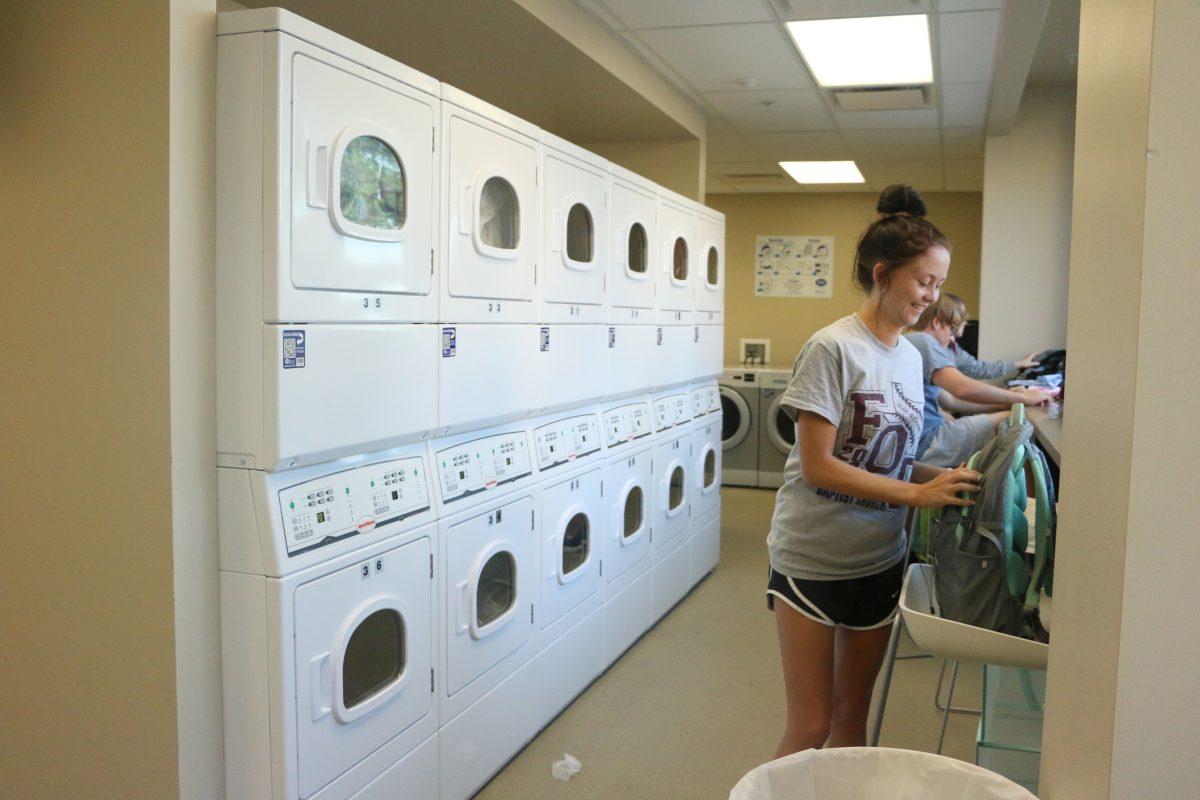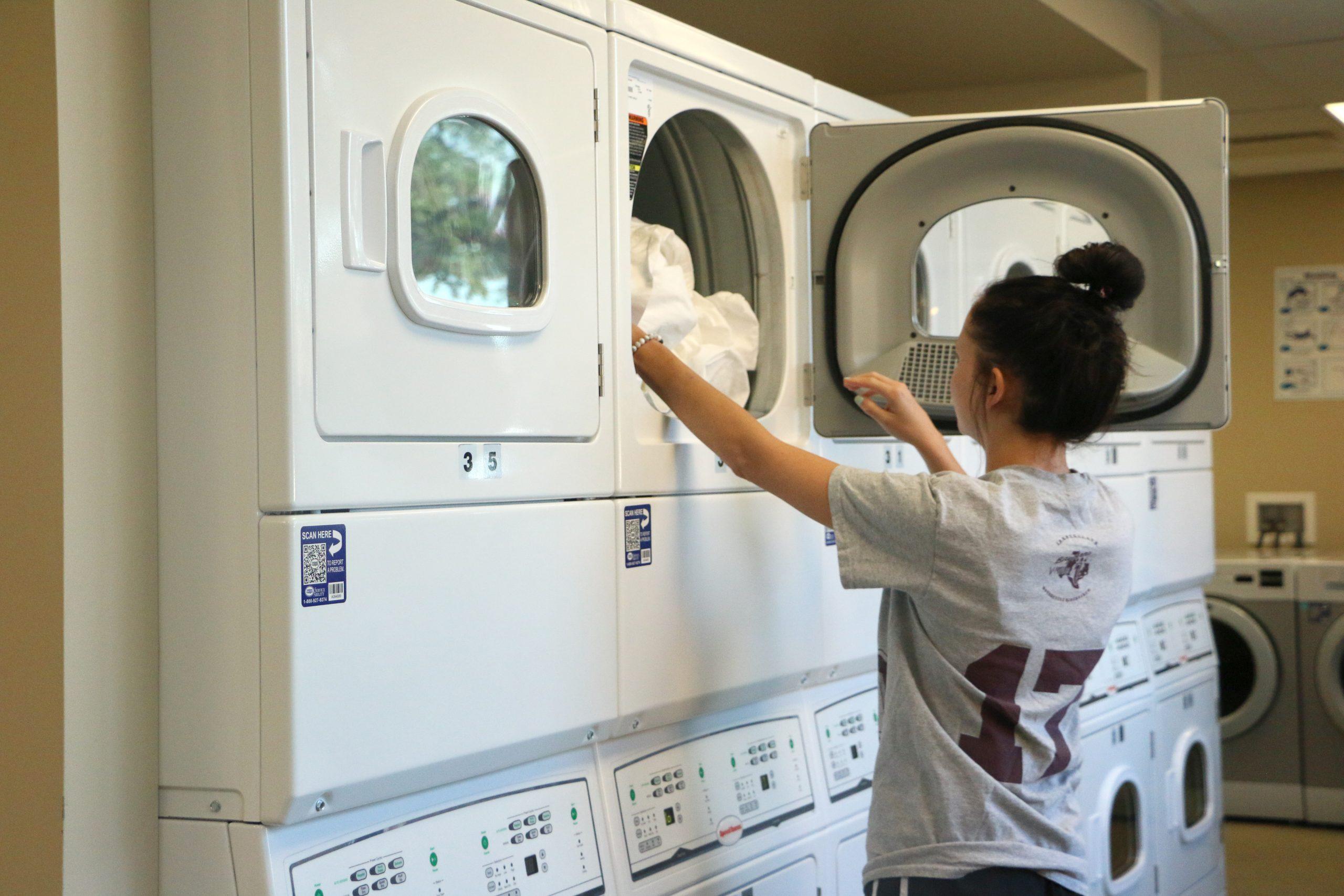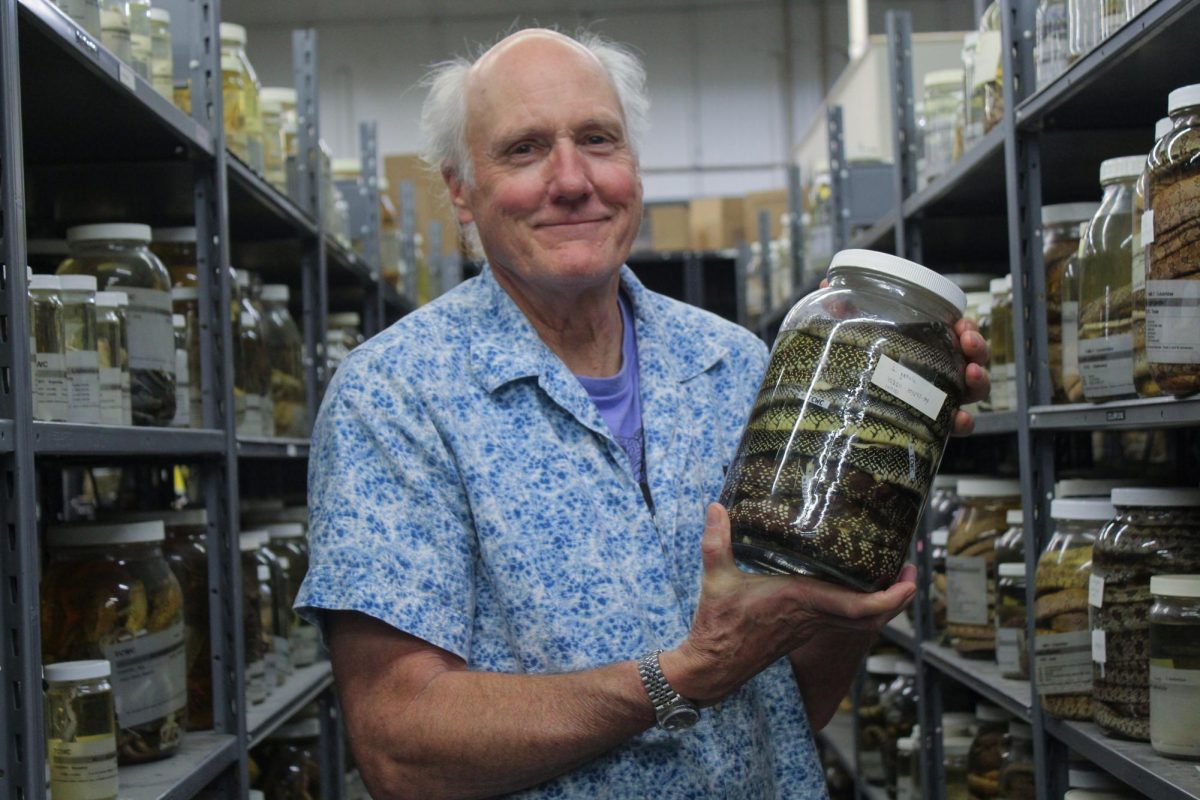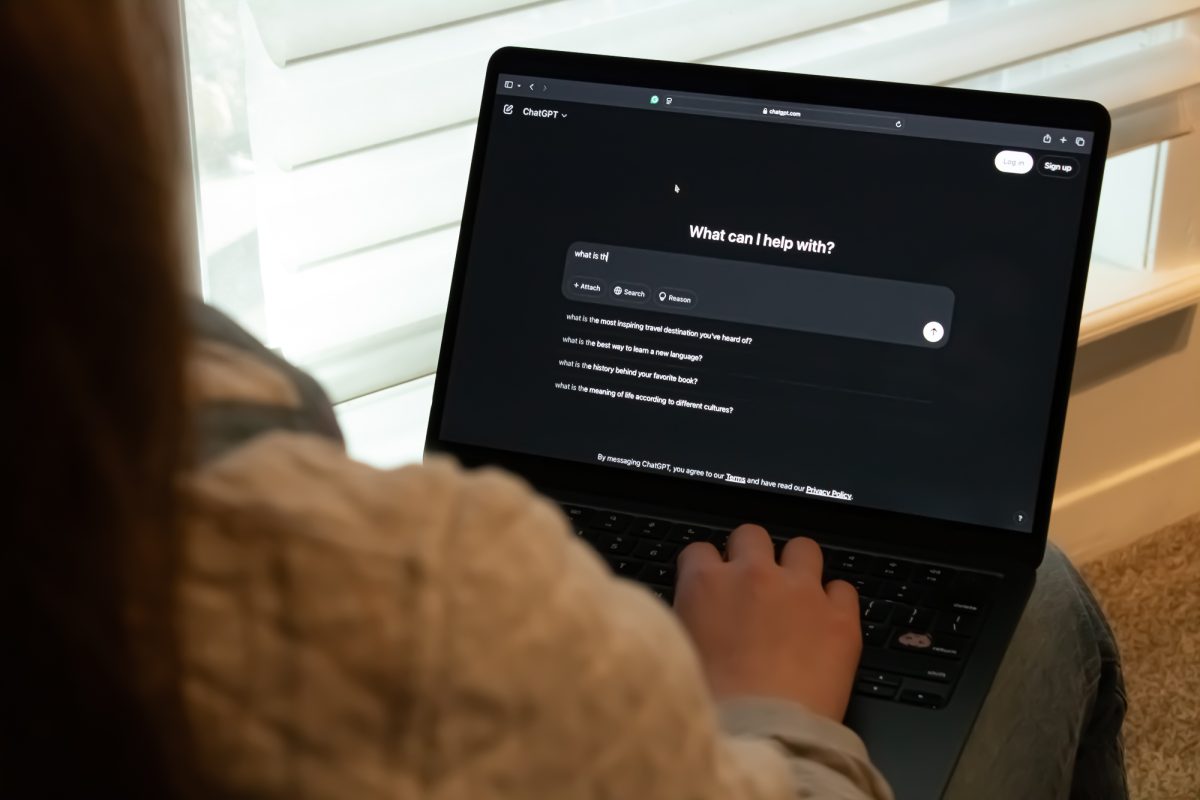Living on campus often comes with difficulties, one of which includes maintaining a sustainable environmentally-friendly lifestyle. Carol Binzer, director of Sustainability and Development, recommends many acts for on-campus students to live sustainable lives. Here are seven of her recommendations that students can begin participating in immediately at no cost.
1. Think about your laundry
Despite having free access to washer and dryer machines on campus, laundry uses energy and water that cannot be reused. Additionally, microfibers from clothing contribute to pollution from laundry.
“Students don’t have to pay for their individual loads, its rolled into their housing rent,” Binzer said.
Some of the ways to help make laundry more environmentally friendly is by using multiple loads in the dryer, using correct detergent and washing clothes in cold water.
“Doing full loads, doing them in cold water, with the high efficiency detergent as recommended by the machines manufacturer, and maybe not drying just a pair of jeans, but waiting for a whole load to dry or using a drying rack,” Binzer said.
2. Lights off when out
When leaving the room, turn off all lights to help save on energy usage. When in the room, try and use natural light from windows when possible.
“We just installed stickers on the light switches in residence rooms based on an Aggie Green Fund grant to remind people to turn out the lights when they leave,” Binzer said.
3. Thermostats- Keep it comfortable
For students who do have access to their own thermostats, Binzer recommends remaining within a 72 to 77 degree range for energy conservation. When leaving rooms for extended periods of time, students should turn up there thermostat to around 78 degrees.
“If you’re going out for class, then they might leave it at the 74 to 75 range, if you’re going out for the weekend, then I might push it up to the 77, 78, 80 range,” Binzer said.
4. Recycle, Recycle, Recycle
Most residence halls have recycling set ups that separate paper from plastic and aluminium. During move in and move out times, there are cardboard recycling systems put in place. Brazos Valley Recycling picks up the recyclable waste at no charge, whereas a plastic water bottle in a trash can would contribute to a trash fee for the university.
“More of our students, in my opinion, have exposure to recycling in their home communities, and so they’re looking for it,” Binzer said. “We know that when it’s most convenient, people tend to do it.”
5. Reusable water bottle filling stations
To help save money and make healthier choices for yourself as well as help the environment, use water bottle stations with a reusable water bottle. This will help save money and reduce plastic pollution.
“Of course, it promotes healthier drinking rather than soda,” Binzer said. “It’s a little cheaper than buying a bottle of water, and of course it saves things [in] the landfill.”
6. Phantom power
If students go home for the weekend or for breaks during the school year, Binzer recommends unplugging devices from the wall outlets. Power always runs to something that is plugged in, so by ending the electricity circulation it will help save energy.
“If you’re going away for a break or whatever, unplug or turn off your power strip,” Binzer said. “Now again, different story if you are going to be out to class for the day versus if you’re going away for the weekend or for longer.”
7. Daily acts to make into habits
When going shopping, whether it be to grocery stores or other stores, bring reusable bags to cut down on plastic pollution. If possible, walk or ride a bike to get to and from destinations such as class, or use the bus system on and off campus to help reduce emissions on the road.
How to be sustainable on campus
September 11, 2017
0
Donate to The Battalion
$2790
$5000
Contributed
Our Goal
Your donation will support the student journalists of Texas A&M University - College Station. Your contribution will allow us to purchase equipment and cover our annual website hosting costs, in addition to paying freelance staffers for their work, travel costs for coverage and more!
More to Discover











